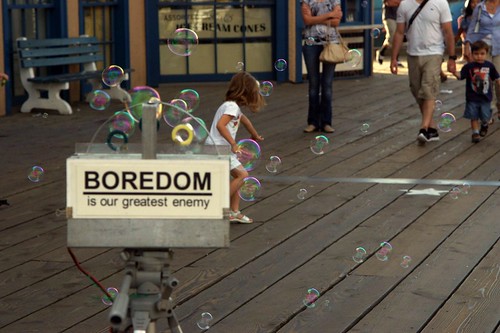On student apathy...
An assertion was made that students are becoming more apathetic over time. I disagreed. The statement reminded me of another conversation I had some time ago while teaching in an alternative middle school program. I exchanged thoughts with the head of a group home/counseling agency about whether psycho-social problems were on the rise or not among school age children. I asked him whether he thought they actually were on the rise, or whether this was an illusion based on our growing willingness to accept that psycho-social problems among kids were real coupled with our growing sense of responsibility that something needed to be done about them in support of the kids suffering. With all his experience in the area, I felt he gave me the most honest answer he could... "I don't know." Psycho-social problems have existed for as long as humans have existed, but if you ask my dad he will tell you that just a couple of generations ago, his weren't dealt with readily and in supportive ways. In contrast, they were swept under the rug, so to speak, and kids were left to deal with their issues alone and unsupported, or even worse, kids were removed from the scene and forgotten about. Thankfully we have moved away from this reactive state and are becoming more responsive to student needs.



